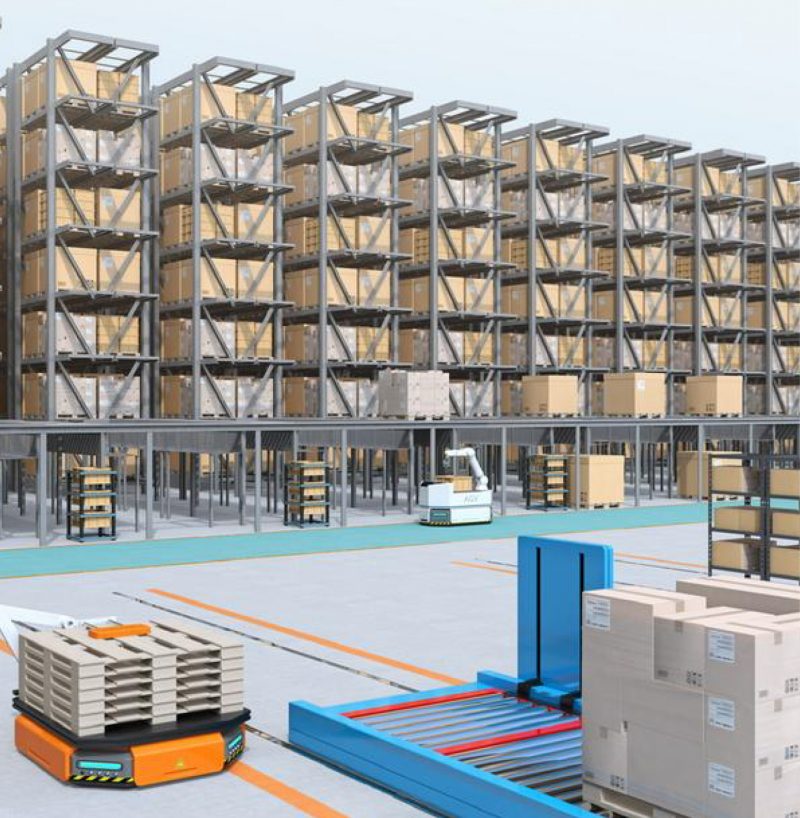
This site
is mobile
responsive
Over the years, the adoption of digitalisation and participation in the digital economy has progressively increased in Malaysia. In 2018, ICT contribution to Malaysia’s economy stood at 18.5 per cent (RM267.7 billion) of the overall gross domestic product (GDP), with an annual growth of 6.9 per cent compared to the previous year [Department of Statistics Malaysia (DOSM), 2019].
As digital technologies become more pervasive and new marketplaces emerge, the time for digital transformation is more crucial than ever to overcome rising pressure and stay relevant. The on-going COVID-19 pandemic has revealed significant gaps between companies which have effectively adopted digital technologies in their day-to-day operations and less digitally equipped companies. Businesses that continue to rely on traditional approaches and slow to adopt technologies struggle to cater to growing market demands, especially during this current climate of uncertainty.
Thus, Malaysia welcomes the initiatives taken by companies to transform their operational model as a continuous effort to remain relevant and sustainable in the current marketplace. Aligned with Malaysia’s focus on developing Industry 4.0, several companies have leveraged on the Principal Hub incentive to make Malaysia as their headquarters and adopt real-time interconnected technologies to manage their regional and global supply chains. Several Principal Hub companies which are undertaking procurement and distribution activities have utilised automated warehouse and real-time tracking systems to manage their inventory more efficiently.
Another important aspect to consider is the transformation of the supply chain or better known as “smart supply chain”. This buzzword refers to the transformation of the conventional supply chain into a digitalised supply chain operation which fully capitalises on connectivity and system integration, leveraging on “smart technologies,” such as artificial intelligence (AI), big data analytic, robotics and Internet of Things (IoT). By connecting physical assets that are part of the existing supply chain to a digital model, it can help firms to have better visibility and control in operations to reduce uncertainties in decision-making processes.

An example of successful digitalisation is Music Tribe, a multi-national leader for professional audio products and musical instruments with operations in the UK. Choosing Malaysia as its headquarters to drive its Global Digital Transformation Strategy, this operation will house a new digital leadership team responsible to implement cutting-edge digital platforms to boost the experience of Music Tribe’s customers through data analytics, augmented reality (AR) and virtual reality (VR). Music Tribe will also expand its operations by establishing an Industry 4.0 driven, fully robotised manufacturing facility in the Kulim Hi-Tech Park, Kedah. Collaborating with Microsoft and Siemens, Music Tribe will design a full “Digital Twin” or a virtual representation of the entire design and manufacturing process flow which will be adopted by its manufacturing facility here. Operations are expected to commence by the end of 2021.
Additionally, Music Tribe will digitalise its entire supply chain starting from design, manufacturing to e-commerce marketing and after-sales service. It is expected to create significant job opportunities in the areas of research and development (R&D), supply chain, automation, e-commerce, marketing and finance. The initiative by Music Tribe will be a major opportunity for its Malaysian employees to be at the forefront of the company’s global digital strategy and cultivate their knowledge and skills in line with the rapidly evolving technological landscape. Another case in point for making Malaysia as a critical base for expansion is US-based Smart Modular Technologies. This company has steadily scaled up its operations in Malaysia beginning with manufacturing activities, to undertake strategic services such as procurement, business systems support and finance shared services. Establishing its Smart Supply Chain Services Management Centre to undertake supply chain management from suppliers to customers, this initiative has created employment opportunities for 90 Malaysians. In line with the company’s global adoption of Industry 4.0, Smart Modular Technologies utilises big data, cloud computing and real-time analytics technology to effectively manage its global supply chain, involving over 1 million components, 220 suppliers and network companies in 1,000 locations.
As adopting new technologies can be costly, the Government through the Malaysian Investment Development Authority (MIDA), offers assistance and facilitation for businesses to accelerate the adoption of digital technologies and become the catalyst in driving the nations’ digital economy. One of the initiatives is the Industry4WRD Intervention Fund, a financial support facility for Malaysian SMEs in the manufacturing and related services sectors to embrace Industry 4.0. Another initiative that businesses can leverage on is the Digital Transformation Acceleration Programme (DTAP), a strategic partnership initiative between MIDA and MDEC in spearheading the nation’s digital agenda, offering an outcome-based matching grant for the establishment of the pilot phase.
Moving forward, the Malaysian Government foresees an increasing trend of companies adopting digital business models. This shift is highly welcomed and MIDA looks forward to facilitate these companies in the implementation of their projects.
